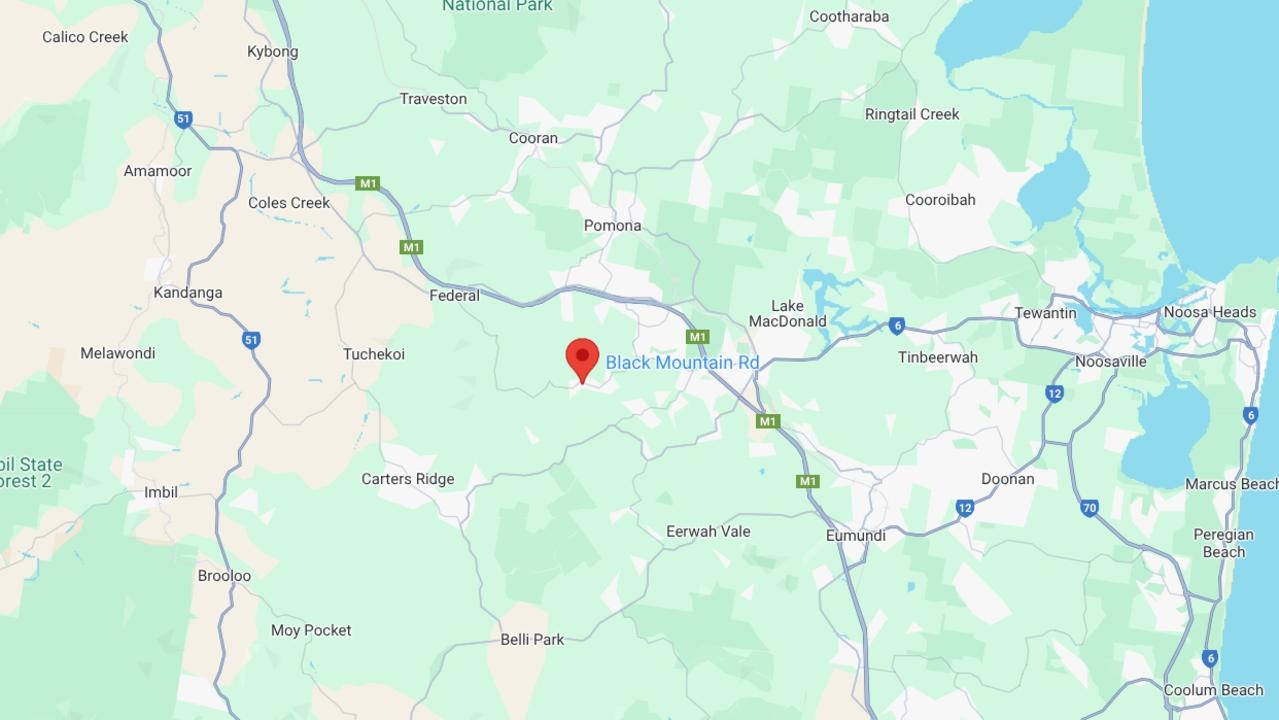Practising Simplicity by Jodi Wilson: why my family chucked it in and hit the road
Overwhelmed by the demands of daily life, Jodi Wilson and her family tossed it all in, to live life in a caravan. This is what they have learnt.
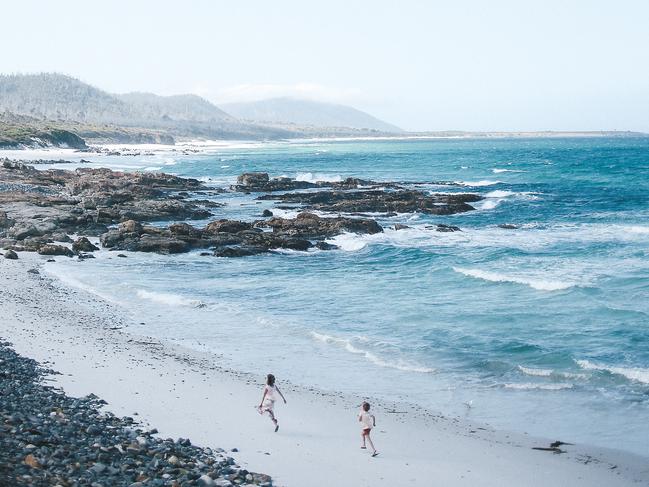
Home
Don't miss out on the headlines from Home. Followed categories will be added to My News.
If you had asked me to holiday in a caravan four years ago, I would have baulked at the suggestion.
My partner Daniel suggested it one day while I lugged the washing from the line to the lounge and I bellowed down the hallway: ‘A road trip in a caravan is not a holiday!’
At the time, I couldn’t think of anything worse than squashing my family into a van and attempting to make dinner on a tiny benchspace before having to wash the dishes in a sink fit for three bowls.
But because time and perspective and choice and change are all wonderful things, I came to see the tiny space of a van as an opportunity instead of a hindrance. There was work involved – as there is in life, no matter where or how we live – but I started to consider the boundaries as an experiment in learning to live with less.
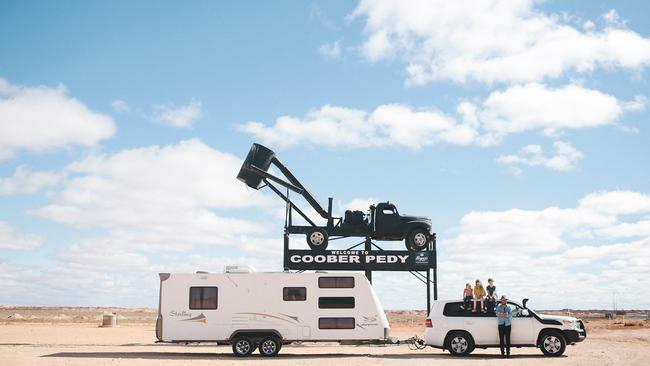
Here was my opportunity to significantly downsize, live with no fixed address and only the essentials. Everything had to earn its keep although, I admit, the ephemeral items – the kids’ craft and nature collections found on empty beaches and desert paths – joined us.
clutter free
While I don’t expect you to live in quite the same snail-like fashion that I have for the past few years, you may like to consider the concept of breathing space and thinking space: the space free of stuff and clutter, in your house and in your mind.
Because when there’s less stuff to take care of you have more time and you realise that the things you accrue sometimes aren’t worth the hours you spent working to pay for them.
Weighing up frivolous consumption and precious time is a really tangible way to practise simplicity and it can, if you let it, shift the way you see the world and influence how you live.
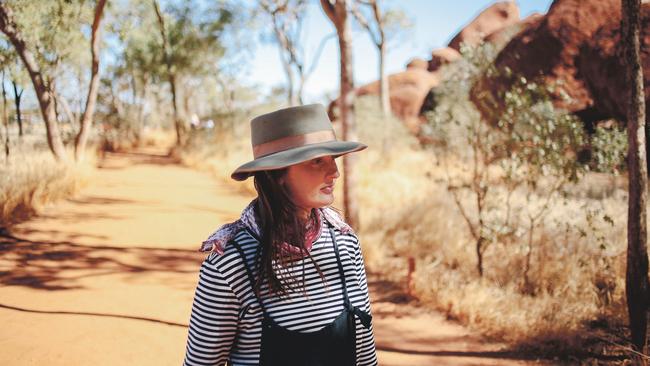
You start asking yourself: what do I value – time or things?
And I find this question naturally leads to ruminations on the sheer amount of stuff that already exists in the world and the blatant fact that we are consuming more than at any other time in history, to the detriment of the natural world and its resources.
It’s really easy to be confronted and silenced by the reality of a world in crisis and our responsibility for it. But if you believe that your choices matter, and that they can be a catalyst for change, you’ll be spurred to stay on a path of living with less and find it’s actually quite rewarding.
I’d even go as far as saying it’s life-affirming.

For me, it started with the dishes. When we were living in a house and navigating life with three children and a newborn, I spent many evenings cursing the mountain of dishes on my kitchen bench.
I loathed them with such passion that no attempts at mindfulness could relieve my frustration. I’m sure a dishwasher would have helped, alas we were living in a rental and no amount of kindly worded emails would convince the owners to install one.
‘CHOP WOOD, CARRY WATER’
Daniel regularly worked late and I, having just put the children to bed with stories and back rubs and milk, would trudge down the hallway and muster the energy to deal with the towers of plates and cups, lunch boxes and snack bowls, pots and pans. I knew it would take me over an hour to get through them, even longer if the baby woke.
I cursed myself multiple times for not rinsing the bowls that now had hard porridge caked to the side, unbudging – the kind that needs a good soak and the patience of anyone other than a bedraggled mother at 9pm.

We had an entire kitchen full of cutlery and crockery, teacups and pots, kids’ segregated plates and Tupperware containers with too many lids. But, in the van, we survived with one frying pan and two saucepans, a bowl and plate for each of us, a few cups and ample cutlery. We washed the dishes in our tiny sink and towelled them dry, and not once did we feel like we needed any more. And if something broke? We just popped into the local op shop to replace it.
This new simplicity, of cups and cutlery, was life-changing. It freed up time and space and relinquished the dread of those evenings spent with my hands in the suds. I also passed on the morning and evening dishes routine to my two eldest children, which was met with a year’s worth of whinging, but is now an accepted part of their day.
I’m realistic; I know that regardless of where we live and what is happening in our lives, there will always be dishes.
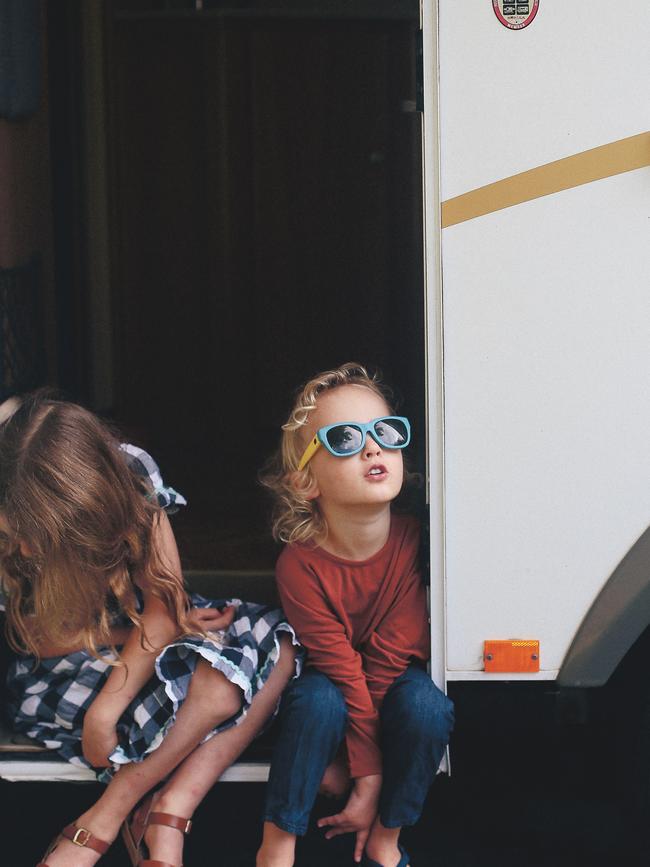
As the Zen Buddhist proverb goes: ‘Before enlightenment, chop wood, carry water. After enlightenment, chop wood, carry water.’
But I’m in control of how many dishes we own and if we can eat three homemade meals a day and get by on the basics then it’s hard to ignore the maths.
It turns out that simplicity is also about restraint, which I believe is a discipline worth celebrating – one that allows you to say no, cherish your belongings and avoid the excess: stuff, and decisions.
Living with less isn’t just about the things we accrue and keep.
It’s also about having fewer expectations and less pressure, less work, less to clean and less to sort. And although you may live with less, you end up with so much more.
This is an edited extract from Practising Simplicity by Jodi Wilson (Murdoch Books, $32.99). Photography also by Jodi Wilson.
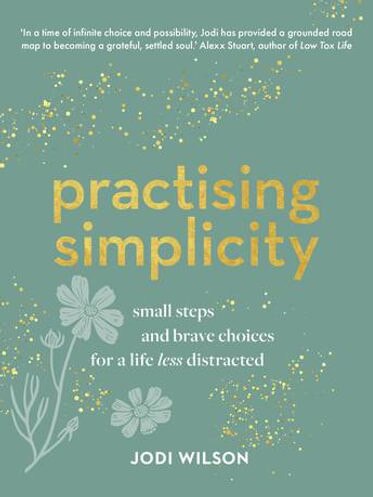
WHAT SIMPLE LIVING MEANS AND HOW IT MAKES YOU FEEL
For as long as we are a family, living in a house and going to school and creating and growing and learning, there will be the miscellany that comes along with life: the keys, the drawings, the washing pile and the apple cores (inevitably prolific in autumn).
Letting go of the minimalist aesthetic of clean lines and finished projects is a really practical way to accept that, often, our simple lives are a little messy and rough around the edges. Simplicity is not concerned with perfectionism or, in fact, staunch minimalism.
It’s more authentic than that.
It’s growing a garden and letting it go to weeds when life gets too demanding to tend to your plants.
It’s reminding yourself, as you get closer to Christmas, that you have bought enough and the last scramble to fill stockings and please those around you is, in fact, a figment of your ideals and not at all necessary.
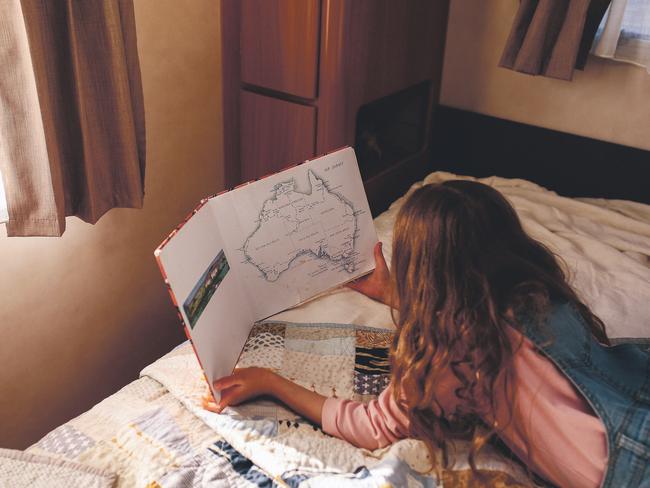
It’s buying your food in bulk to reduce your plastic consumption but then finding yourself with packets of two-minute noodles in your cupboard because, all of a sudden, you’re the parent of a teenager and that is a hunger no amount of meal planning can satiate.
At the crux of simple living is the intention to live authentically and embrace the failures and successes of it all.
Simple living is like a ramshackle garden: it ebbs and flows with the demands of life and its seasons, ordered and bountiful at times, a wild, uncontrollable meadow at others.




